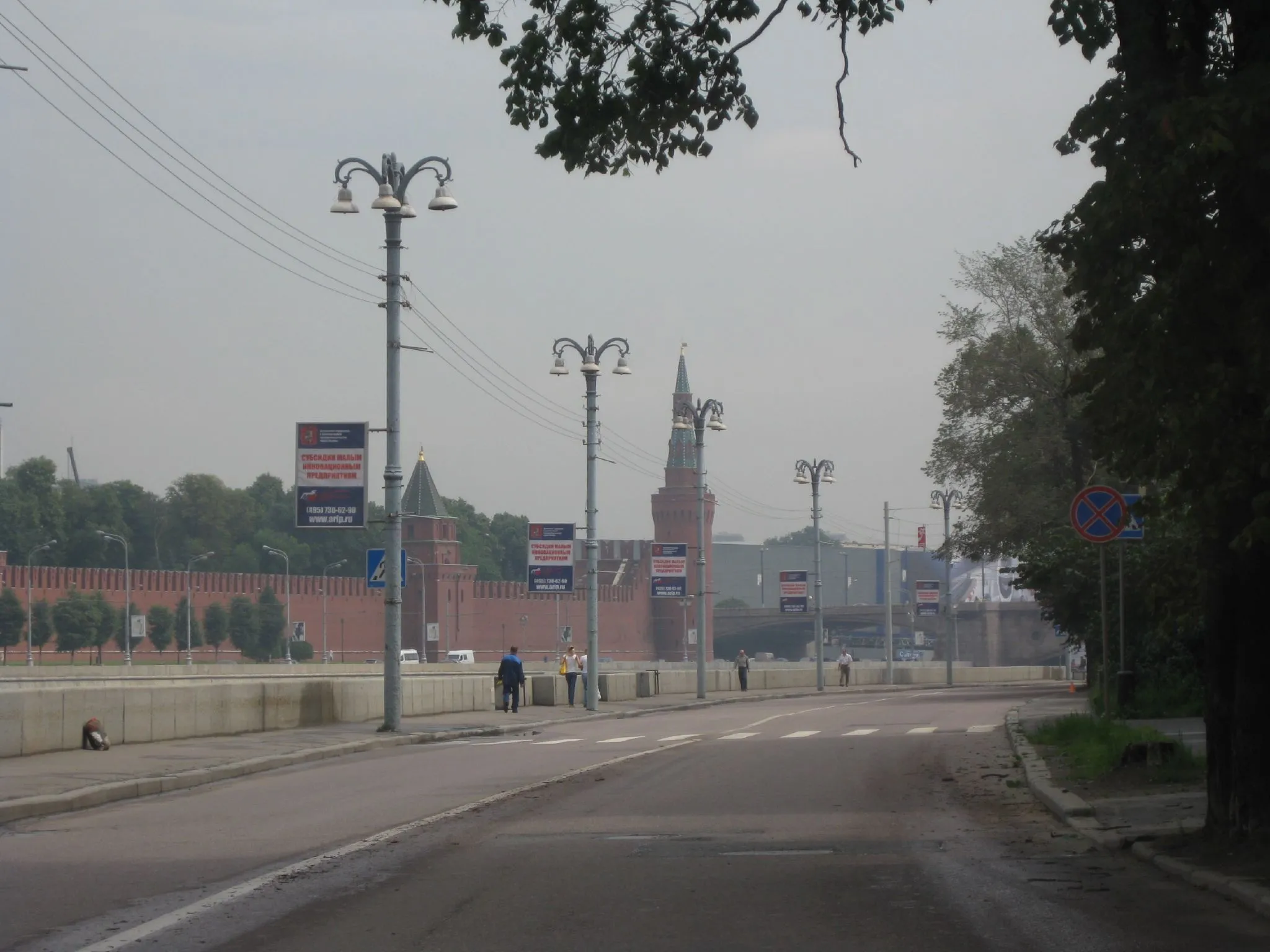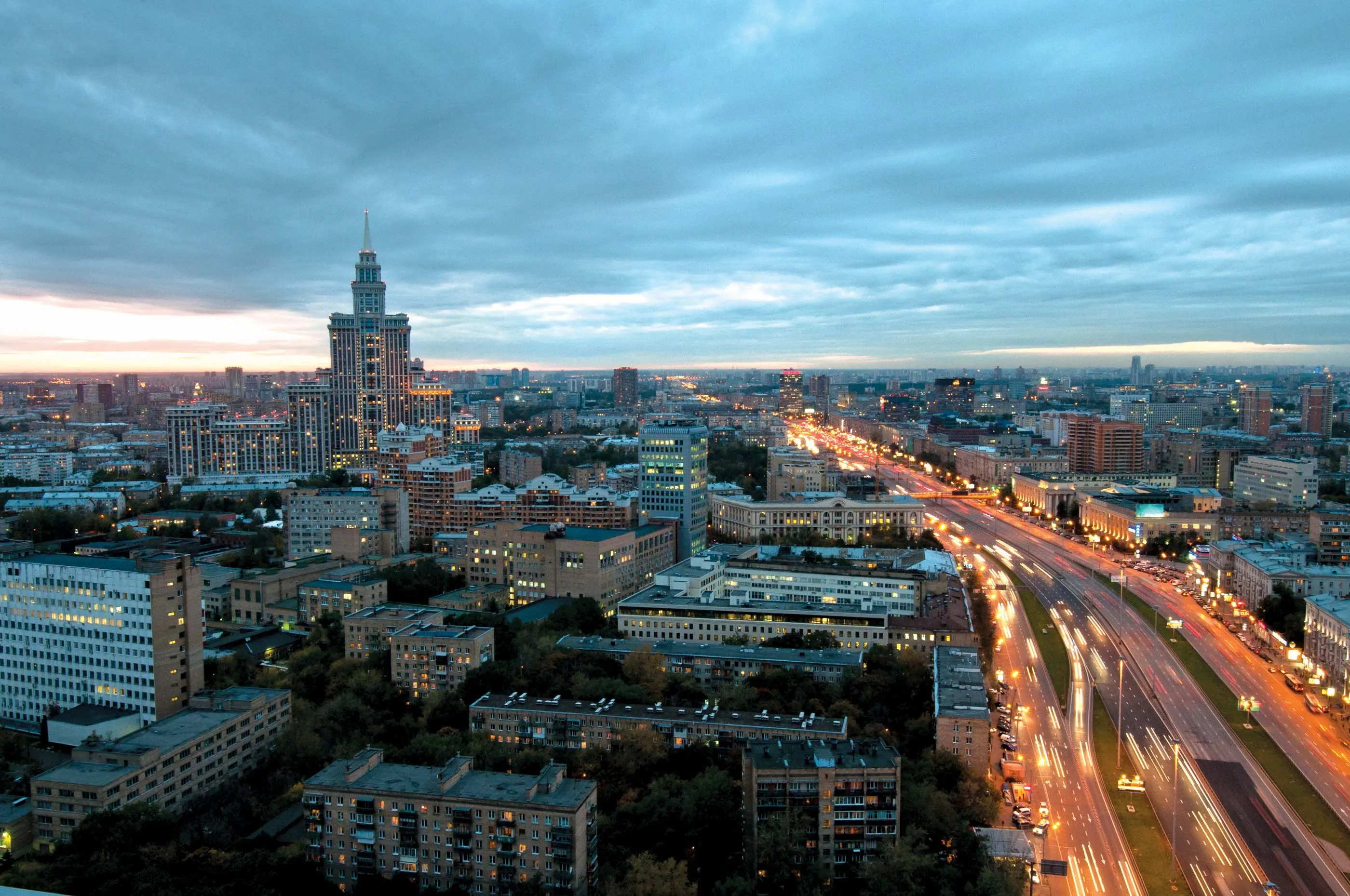Bolivia's 306km Villa Tunari-San Ignacio de Moxos road is due for completion in 2014. The new road will provide and important link for the departments of Beni and Cochabamba
February 24, 2012
Read time: 2 mins
Bolivia's 306km Villa Tunari-San Ignacio de Moxos road is due for completion in 2014. The new road will provide and important link for the departments of Beni and Cochabamba, although there has been some resistance to the second stage of works and agreements will have to be reached for the work to be completed on target. As a result, Brazil has said that funding for the central stretch of the road will be granted once Bolivia finishes the socio-environmental impact studies currently underway. This will require the Bolivian Government to reach agreements with the indigenous population that will be affected by the project. The loan will be made for the first and third stretch of the route. The second will go right through the heart of the Isiboro Secure Indigenous Land National Park (Tipnis). Brazil approved a loan worth US$415 million for the project. The second stretch is the longest, at 117km, and still needs to be evaluated and designed. The first and third stretches have environmental licenses however and are already being built. This new link forms part of a wider programme to improve road infrastructure in Bolivia and the Ministry of Public Works has said that road investments for the period 2011-2014 will be in the region of $2.19 billion. The plan calls for some 2,624km of roads to be built in the 2011-2014 period. Some $500 million will be invested/year and the Ministry of Works also intended to surface all of the main RVF roads before the end of the present government's term, which will be on 21st January 2015. To achieve that aim is likely to require an investment of around $3 billion.







